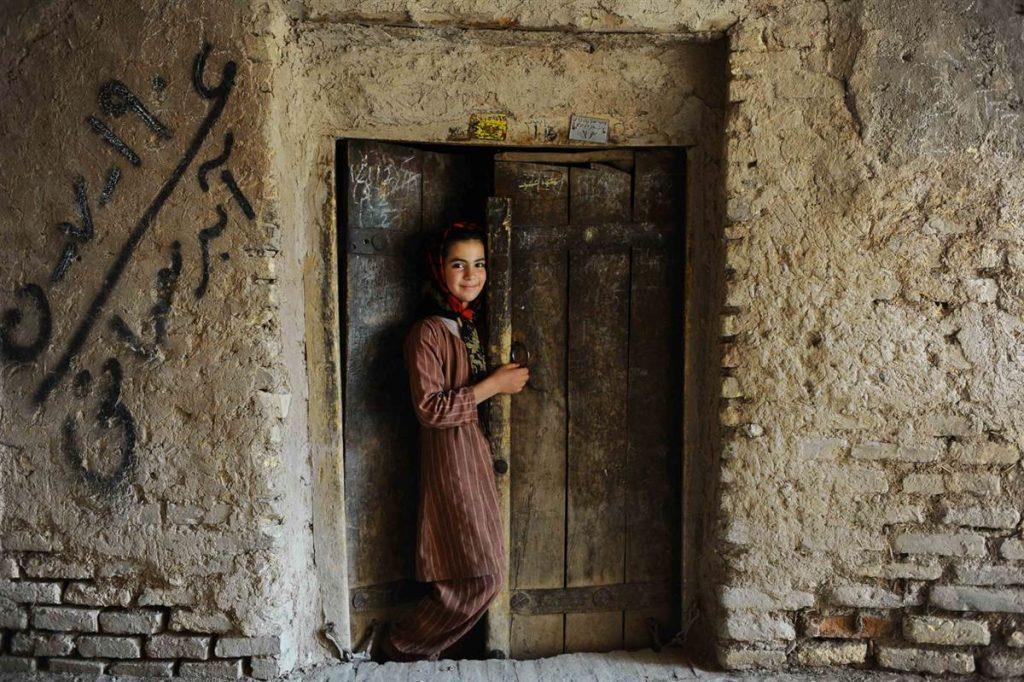
By: Hummaira Kaleem
Bacha Posh is a cultural practice found in different parts of Pakistan and Afghanistan. The term ‘bacha posh’ means ‘dressed as a boy’ in Dari. This tradition has its roots centuries back. Being bacha posh is such a miserable state of physical and mental identity. Centuries old, this tradition is causing a rift in the lives of people.
Being a woman is not easy in rigid mountainous Asian countries, especially in Afghanistan. Boys are considered a status symbol, the crown of the family, and the guarantee of the bloodline. In his absence, to fulfil an imaginary and customary vacuum, a female baby child is going to have the disposition of a boy. This cruel act fulfils the unending fantasies of the family.
In a family, the wife’s worth and, in the community, a man’s stature are assured because of a boy. In the case of having only daughters, a young, innocent child is dressed as a boy. This is fantastic in the beginning for that child, as she is given liberty, considered a saviour, a strong pillar of the family, a surety of financial freedom, an open field to get an education, and has extra protocol. She has facilities that are a dream for other female members. She becomes a shelter, escorting other females outside, a strong support for the father to share the financial burden, an honour rescuer to the family, interacting with males outside, learning skills and basic knowledge of business, maintaining friendships with the other gender, and experiencing opposite gender privileges. This open cage provides her everything but wings.
But at puberty, all her dreams and favours are snatched, and that golden era ends with an order, and she must fit into her true role. Her flavours of life become stale. All her freedom, courage, liberty, and choices are taken back. Irrelevance becomes relevant. A 360-degree shift in every aspect is experienced. She gets married to a man who is of her own “gender.” Having kids and domestic life become a nightmare. Now her role is reversed, and she desperately seeks a male “giant’s” validation.
Bacha Posh experiences such mental and emotional abuse that it costs her happiness to overcome it. It has deep scars on her mentally, psychologically, and socially. Her self-esteem and feminism are crushed. She has haunting memories and experiences. After having so much independence, she is dependent on someone. Earning on her own and asking for finances. From getting an education to facing rigorous attitudes, from being dressed up as a boy to covering herself up as a fragile thing, every moment is taking her identity to a new level. There is eternal pressure to meet the customs and norms. Communication gaps, differences of opinion, all these elements, and her voice not being listened to can lead a normal person to a gender identity crisis.
Not only society and male members but also females of the family are also responsible for ruining the life of an innocent soul. They ought to raise a voice against this brutal tradition. But they themselves are so oppressed under these circumstances that they find it a convenient way to be “protected.”. Hopefully, they will stand up for their children and not be victims.
Another factor is unrest in Afghanistan. Despite having a Taliban government there, they have not issued any statement regarding this tradition. To abolish this cruelty, a steady government and laws are needed to be imposed in Afghanistan. Otherwise, it will continue in the upcoming centuries. They should consider women as a human entity, not a laboratory to have different practical. Feminine creatures deserve all these opportunities in their true gender role. They are not aliens, and with their will, thought process, and determination, they can provide strong assistance in every walk of life. The need is just to give them confidence, liberty, education, and due rights. Otherwise, in this age of technology, we would witness dreadful instances.
Hummaira Kaleem is a writer based in Multan. She graduated in English (language and literature) from Bahauddin Zakariya University, Multan (Pakistan).

